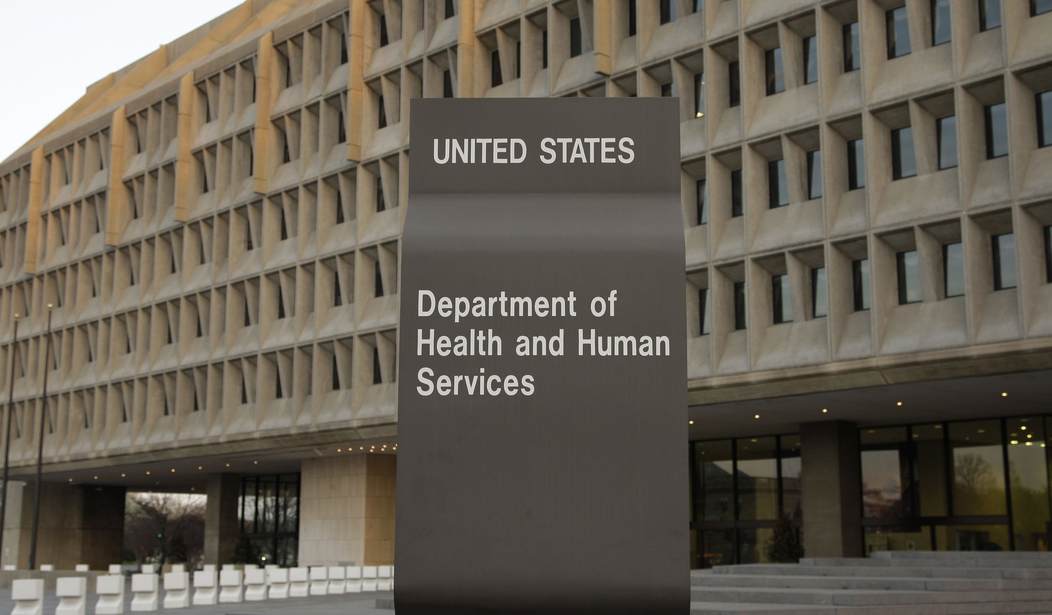Little remains of former President Barack Obama’s signature healthcare legislation, Obamacare. Donald Trump has made sure of that. Through his executive branch’s authority, the
Without a doubt, the president’s executive actions have helped to shore up our nation’s tenuous healthcare situation. However, rather than implement positive change, one new proposal from the Trump administration, called the Med
Currently, under Medicaid,
The Trump administration’s MFAR would ti
Make no mistake: Medicaid expansion is the most significant piece of Obamacare remaining, so the Trump administration clearly has the right idea in wanting to address the added transparency and funding issues it brought to the nation’s third-largest entitlement program. However, in this instance, the proposed cure is worse than the disease. It would breathe new life into the Department of Health and Human Services (HHS) — the very entity responsible for Obamacare’s troubled
Recommended
When it comes to Obamacare, the HHS has an unfortunate history of incompetence. Perhaps most famously, the department bungled the rollout of the Obamacare website—a mistake costing millions of taxpayer dollars. What’s more, in 2015, they issued more than 800,000 Obamacare tax forms filled with incorrect information. The HHS isn’t an entity with a record of success on this issue, yet it’s the department MFAR relies upon to micromanage and audit the state’s Medicaid programs.
In this case, rather than eliminating the problematic federal Medicaid match, HHS will be approving all of the states' Medicaid budgets and telling them how they can and cannot fund the program. HHS doesn’t get much right within its own federal responsibilities, let alone with issues pertaining to Obamacare. So, how is it going to understand and grasp the economic landscape of 50 different states to determinate how each once should be funding such a complex entitlement program?
Beyond that, if a future Democrat is elected, they will almost certainly use MFAR’s authority to have HHS cram down their leftist agenda. With Obamacare, for example, HHS attempted to force the Little Sisters of the Poor to pay for religiously and politically controversial products like the Morning-After pill — a strong-arm tactic that the Supreme Court struck down. The lesson is simple — once we empower HHS in health care, it’s incredibly hard to rein it in. Using the power to approve/disapprove state Medicaid budgets under MFAR, the HHS could push for anything from further Medicaid expansion to forced funding for abortions. Given the increasing radicalism of the Democratic Party, is that a risk the Trump administration should be willing to take?
To reduce the many side effects of Obamacare’s Medicaid expansion, the Trump administration doesn’t need to expand the power of the federal government. Instead, it can eliminate transparency and budgetary concerns by repealing the federal match and implementing block granting instead. This would take the federal government out of health care and give more authority back to the states.
Block grants — proportioned, predetermined federal funds given to each of the states — maintain a distinct advantage over MFAR; they allow each state to determine where best to spend the money. Rather than relying upon a bevy of new federal rules and restrictions to dictate how the states can and cannot fund Medicaid, block grants encourage states to find creative solutions to their own problems. More importantly, they decrease the national government’s influence over the healthcare industry.
The president has doubtlessly made incredible progress in saving American healthcare from the brink of collapse. However, trusting HHS — the same troubled Department that caused most of the Obamacare headaches to begin with— to implement further reforms will amount to a disaster, not yet another win for the White House.
Any policy attempts to implement new “conservative” regulations rather than eliminate/reform the federal Medicaid match will only amount to a guessing game that’s destined for failure. That’s precisely what MFAR would do, which is why the policy change must be rejected.
Ashley Herzog is a freelance healthcare writer for the Heartland Institute

























Join the conversation as a VIP Member